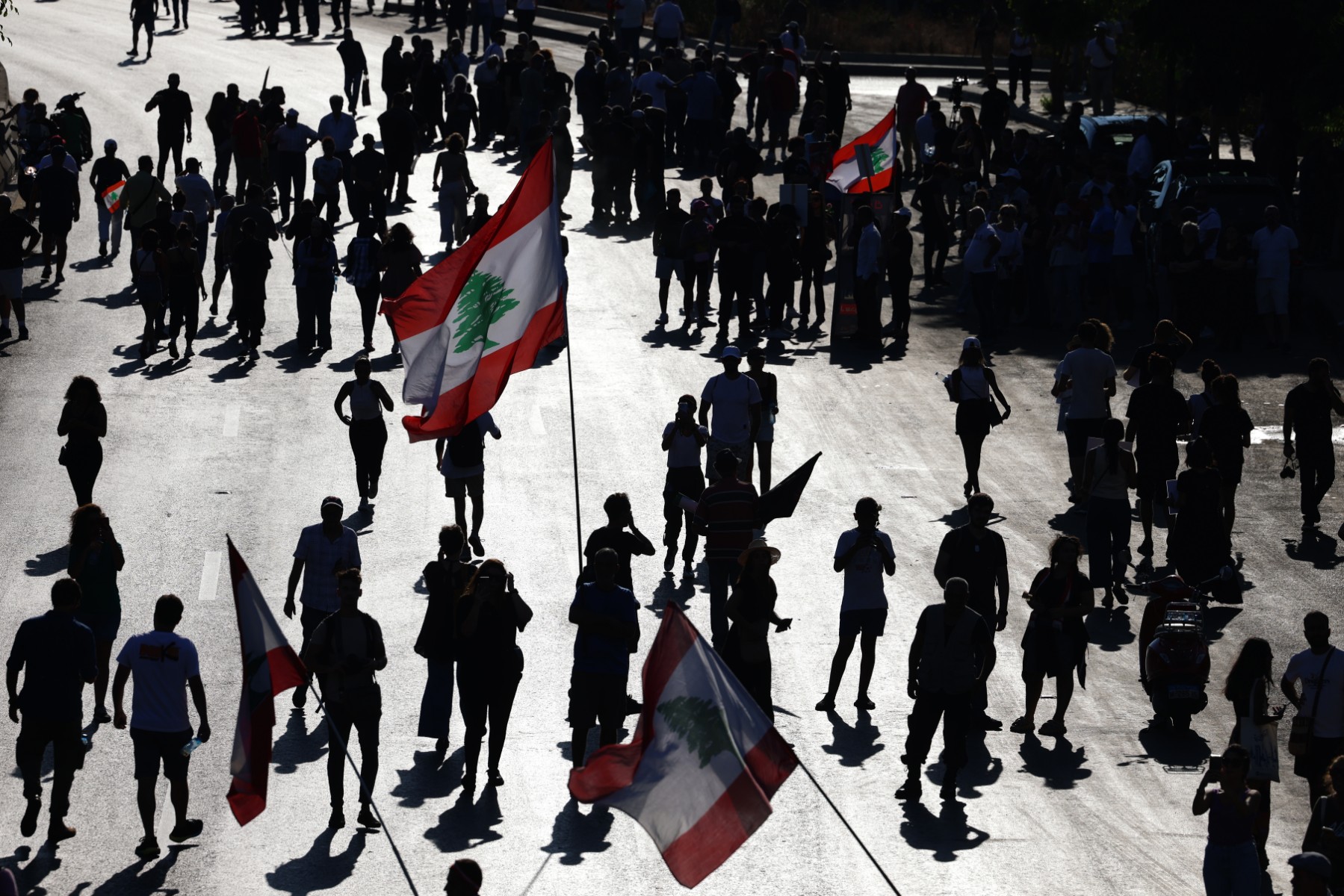BEIRUT, LEBANON – A Lebanese minister on Saturday sought to clarify comments condemned by Kuwait over aid money to rebuild Beirut’s grain silos that were destroyed in a devastating port blast three years ago.
The oil-rich Gulf state in 2020 said it was ready to rebuild the storehouses, which Lebanon had constructed decades ago with a loan from Kuwait.
Lebanon’s Economy Minister Amin Salaam said this week that he had sent a letter to Kuwait’s emir “asking in the name of the Lebanese people… to reconstruct Lebanon’s silos, not only in Beirut”.
The decision could be made “with the stroke of a pen”, he told Sputnik Arabic.
Kuwait’s Foreign Minister Salem Al-Sabah in a Saturday statement “expressed Kuwait’s strong condemnation and surprise” at Salaam’s remarks, urging him to withdraw the comment.
Salaam later on Saturday told a news conference that “the confusion over the phrase ‘a stroke of the pen’ had distracted attention from the substance of the message”.
“At no time did we intend to play down or interrupt the constitutional process and normal relations” between two countries, he said.
The Kuwaiti foreign ministry statement said Salaam’s initial comment “reflects a limited understanding of the nature of decision-making in Kuwait, which is based on constitutional and institutional foundations, including for grants and humanitarian loans”.
Relations between Lebanon and wealthy Gulf Arab states including Kuwait have at times been strained, including over the growing regional influence of the pro-Iranian Shiite movement Hezbollah.
Mired in a grueling economic crisis since late 2019, cash-strapped Lebanon has been governed by a caretaker cabinet for more than a year and without a president for over nine months.
Despite the economic meltdown, Lebanese officials have failed to enact the reforms required to unlock billions of dollars in international bail-out loans.
Beirut’s silos absorbed much of the impact of the massive explosion of haphazardly stored ammonium nitrate fertilizer at a port warehouse on August 4, 2020.
The blast killed more than 220 people, injured at least 6,500 and ravaged swathes of the capital.
Only a quarter of the original 48 silos are still standing, after several collapsed last year, succumbing to the blast damage.
The gutted silos have become emblematic of the blast, which has been widely blamed on government negligence.








